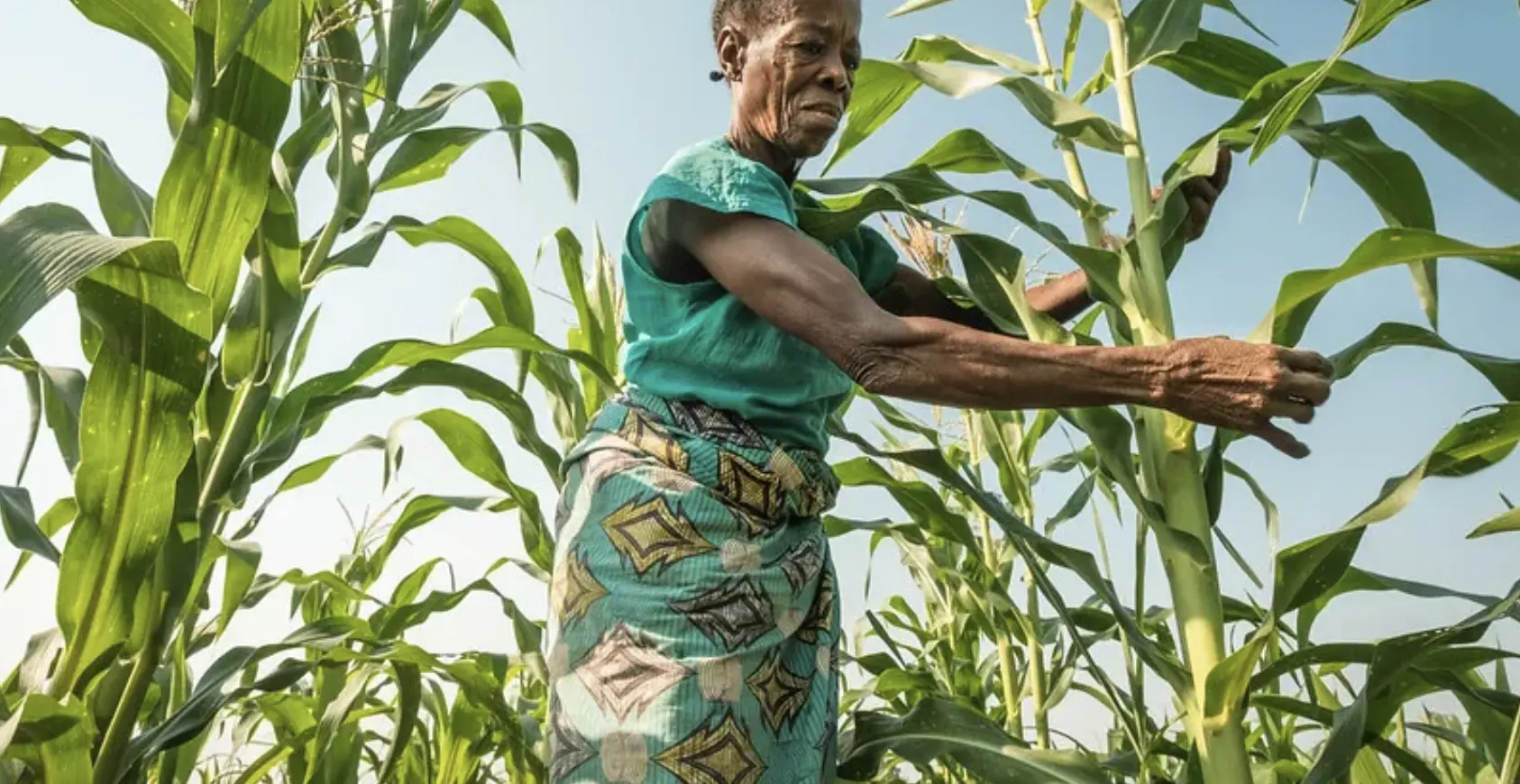Co-creative approach offers integrated solutions to pressing global challenges
We all know there are no silver bullets that can address the confluence of crises that we currently encounter on our planet – hunger, widespread degradation of land and water resources, catastrophic biodiversity loss, and climate change. But agroecology is an approach that tackles these challenges systemically through developing a basket of locally relevant solutions through supporting local innovation at scale. It has the potential to not only tackle the immediate global food crisis, but also provide long-term solutions to other environmental and social issues – such as biodiversity loss, poverty and gender equity.
Sound too good to be true? Hear us out. What’s unique about the agroecological lens is that it explicitly sets out to tackle multiple challenges at the same time. It operates at multiple scales and timeframes, to meet numerous immediate and long-term needs in a wide range of sectors and geographies.
Importantly, whilst this approach sets a revolutionary spin on our current global trajectory, encompassing the most recent scientific developments, it also builds on local knowledge. The roots of agroecological approaches have been around for millennia, as Indigenous Peoples, pastoralists, fishers, and small-scale farmers have experimented with the best ways to work with their immediate environments for ongoing survival and livelihood provision. The term ‘agroecology’ was coined almost a century ago by American agronomist Basil Belsey, and was recently codified as 13 actionable principles in 2019, by the High Level Panel of Experts for Food Security and Nutrition (HLPE) of the Committee on World Food Security (CFS).
The HLPE’s principles focus on farming in harmony with nature and organising food systems so that they are equitably governed. This results in a rich diversity of practices, such as intercropping, mulching, agroforestry, and integrated crop–livestock systems, combining local and scientific knowledge, and adapting to local ecological and cultural contexts. The process is fundamentally iterative and co-creative. When delivered well, it helps farmers and communities work together with scientists and policymakers to develop locally appropriate innovations that tackle global challenges – and then to continually adapt them as social and ecological needs change over time.
After decades of experimentation and advocacy, the approach is finally beginning to resonate for increasing numbers of people concerned about food systems, and other interlinked challenges, across the globe. This fresh energy is evidenced by increased commitments from governments, international organisations, and other actors.
The Agroecology Coalition, which emerged from the UN Food Systems Summit (UNFSS) in September 2021, represents one such commitment. Over 50 countries and 120+ organisations are members, including the commissions of three regional bodies (the African Union, the European Union, and the Economic Community of West African States), key UN bodies, civil society, and research and regional farmers’ organisations. From April 2022, the Coalition experienced a two-fold increase in membership, both for country and organisational members: a clear sign that agroecology is gaining momentum globally.
One of the original nurturers and champions of the Coalition is the Transformative Partnership Platform on Agroecological Approaches to Building Resilience of Livelihoods and Landscapes (Agroecology TPP). The Agroecology TPP was formed in 2020, bringing together key partners that are active in the agroecology arena, to address the knowledge and implementation gaps constraining agroecological transitions.
Since then, the Agroecology TPP has continued to build the evidence base around how agroecological approaches contribute to food security and nutrition, income, and return on labour, whilst nurturing our own Community of Practiceto promote knowledge co-creation. In line with the transformative, collaborative orientation of the agroecological approach, the Agroecology TPP advocates ‘doing research differently’, which involves taking a transdisciplinary approach that addresses global challenges in local contexts; being problem-focussed and solution-oriented; involving all stakeholders and their knowledge equitably in generating solutions; and being reflexive about methodology to ensure we reach our ambitious goals to transform food systems.
As momentum grows to propel this ancient-rooted yet cutting-edge approach centre stage, its potential to meaningfully address global challenges in an integrated and equitable manner comes within our reach.
This op-ed is written by Agroecology TPP’s Co-convenors Fergus Sinclair and Philippe Vaast, and was first published on Forest News.

